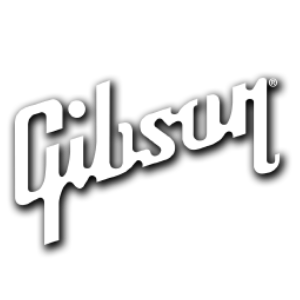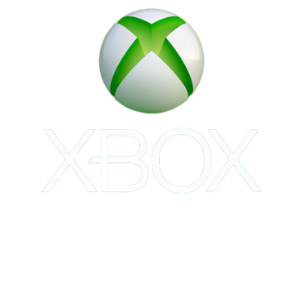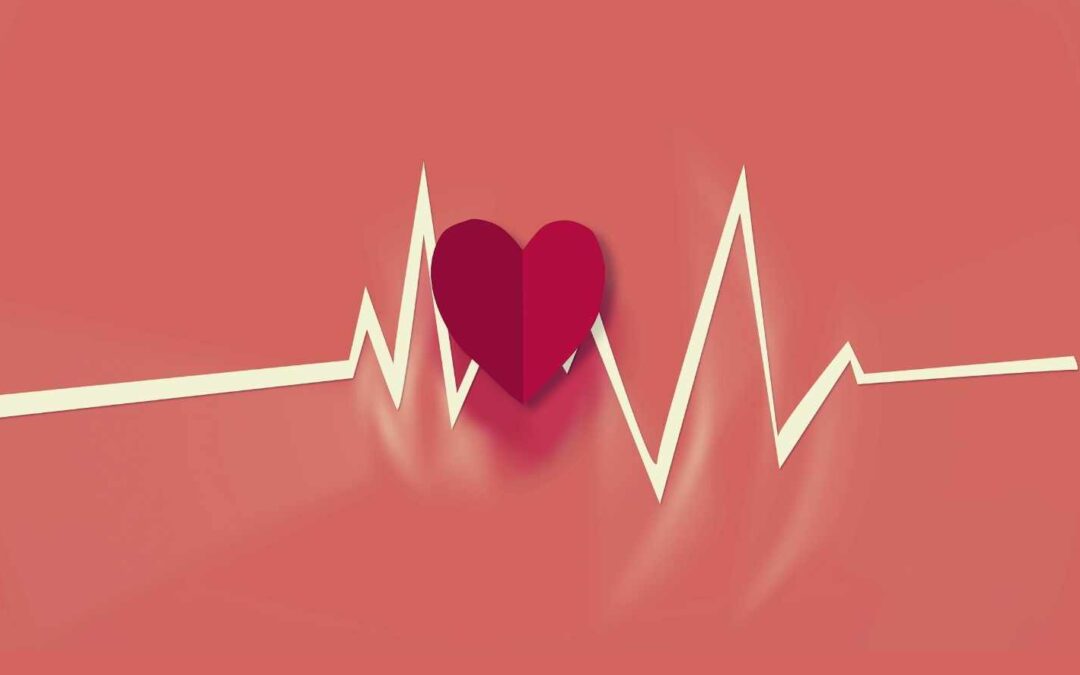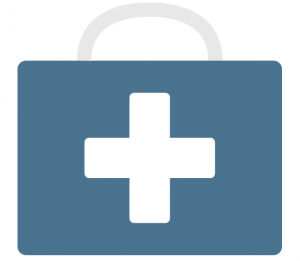 These days, healthcare providers in the U.S. must offer properly translated medical information to patients who speak a limited amount of English. If a patient can’t understand HIPAA forms, patient education materials or their medical records, they will not know about important (and often life-saving) information. This is why there are many agencies – including Medicare, the Office of Civil Rights, The Joint Commission on the Accreditation of Healthcare Organizations, and The National Committee for Quality Assurance – that require medical translations as a standard procedure.
These days, healthcare providers in the U.S. must offer properly translated medical information to patients who speak a limited amount of English. If a patient can’t understand HIPAA forms, patient education materials or their medical records, they will not know about important (and often life-saving) information. This is why there are many agencies – including Medicare, the Office of Civil Rights, The Joint Commission on the Accreditation of Healthcare Organizations, and The National Committee for Quality Assurance – that require medical translations as a standard procedure.
Think about it this way: Even if a patient is just going for a yearly check-up, he or she will have to sign a variety of documents and forms related to insurance and care. Patients need to know what they are signing in order to avoid unwanted occurrences as well as unforeseen costs. Reports, doctor’s notes, invoices, test results and documentation about medical procedures – all of these things need medical translation. There are, of course, more complex scenarios when medical translations are necessary. Think of court cases in which medical records are presented as evidence. If the records are going to be allowed into evidence, they will most certainly require a certified translation. No matter what way you look at it, medical translations are a key component to healthcare in the U.S.
Medical Translations Abroad
But what about medical translations in other countries? Well, in the European Union, for example, there are laws related to medical translations – especially when it comes to medicine, diagnostic tests and medical devices. The laws in the E.U. state that user information must be translated into the language of the country where the product or service is being sold. Without a medical translation, the product or service is considered illegal. So as you can see, medical translations can make or break the success of a drug, treatment or medical device in the E.U.!
Medical Tourism Depends On Translations
Medical translations also help doctors and other healthcare workers do their jobs correctly. It’s common nowadays for patients to travel to foreign countries to have procedures that aren’t readily available at home. This is known as medical tourism. Whether someone comes to the U.S. from Japan for a procedure, or an American goes to Japan for treatment, properly translated medical records allow doctors and healthcare workers to be completely informed about their patients. This leads to the best possible outcomes when it comes to patient care.
Looking for A Medical Translation Provider?
Metro AV has been a leading provider of professional medical translation services for over 2 decades. We specialize in the translation of clinical studies, consent forms, demonstration videos, instruction manuals, medical animations, medical device and equipment, medical transcripts, patient questionnaires, and much more. When it comes to medical translation, you can’t afford to have any mistakes. That’s why it’s so important to work with the best provider in the industry. Contact us today for a quote on your medical translation project, and let’s get started!



